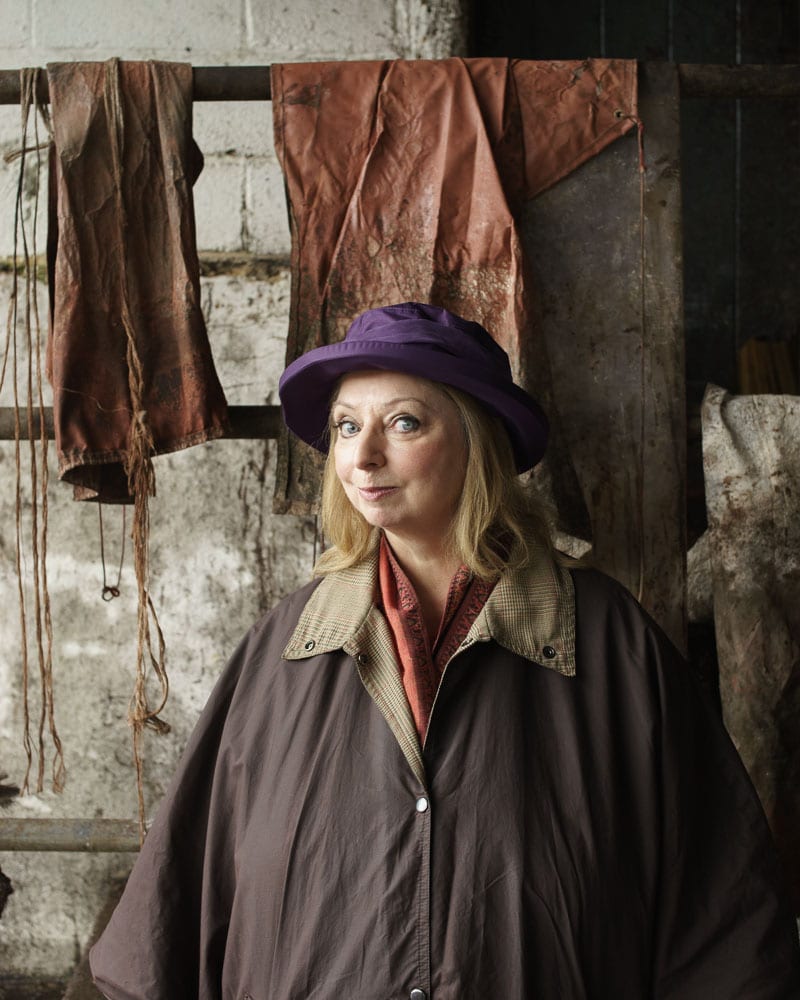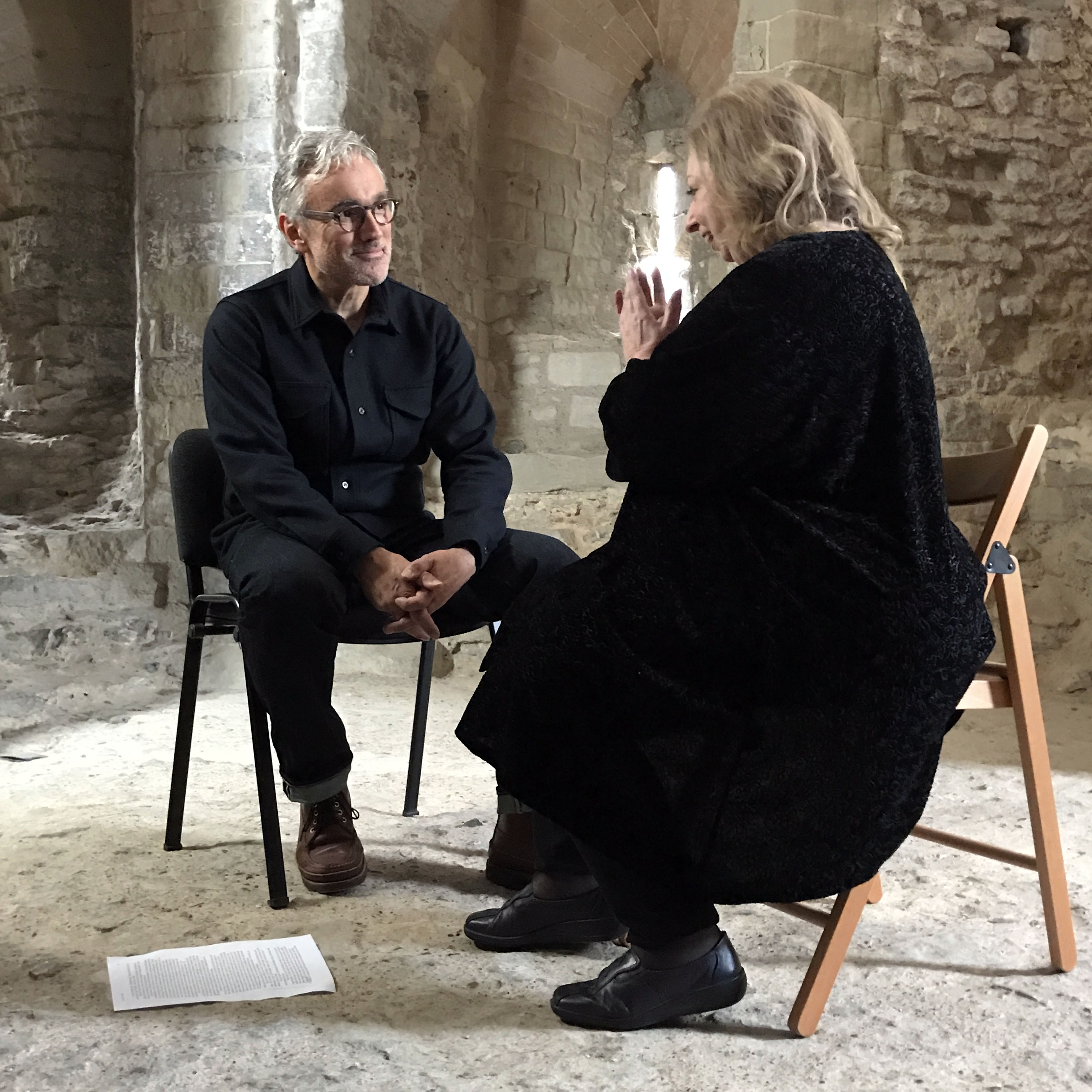Hilary Mantel: Return to Wolf Hall, BBC2, 9pm ★★★★
To say that The Mirror and The Light has been an eagerly anticipated book is about as much of an understatement as, “life in Henry VIII’s court was a bit precarious”. So the BBC landed a scoop with an exclusive documentary, Hilary Mantel: Return to Wolf Hall, on the author and her “Tudor Trilogy” timed to coincide with the week of its publication.
Following the author in the six months leading up to publication, it covered her life and career, her research methods and – of course – her fascination with Thomas Cromwell, the working-class Londoner who became a royal enforcer and architect of the Protestant Reformation.
Mantel was wonderful company. She came across as intelligent, engaging and passionate about the power of the historical novelist to “join the dots” when the official records were silent, while still maintaining respect for the known facts. Though she was clearly impatient at the patronising congratulations she received for achieving “so much success so late in life” when Wolf Hall and Bring Up The Bodies bagged a Booker Prize double while flying off the shelves. “I was writing when I was 22 and published at 35,” she observed drily.

But she was aware that she had gone from being a well-respected author to becoming a “publishing sensation”, and her desire to tell Cromwell’s final, tragic chapter was mixed with a sense of a long relationship coming to a close. It was fascinating for fans, and the casual viewer would have gained an insight into the intricacies and idiosyncrasies of the creative process – as when she described Cromwell’s execution scene coming to her while shopping in Sainsbury’s (“I cried on the groceries”).
There was also plenty of background detail on her fascinating life – growing up in a working-class family in Derbyshire, next to the “drowned villages” abandoned to make way for reservoirs, gave her a first insight into the blurred links between fact, memory and myth (“people said they sometimes saw the church spire rising above the water, but it had been blown up”); her relationship with her clever but quiet father, who acquiesced to a strange domestic menage a trois; and her convent school education (“basically childminding with violence”) which sparked her interest in Cromwell and her desire to reclaim him from a centuries-old reputation as a thuggish villain.
This was intercut with scenes of her writing and communing with nature at her home in Budleigh Salterton in Devon, which she first fell in love with on a family holiday aged 16, and visiting key locations ranging from Wolf Hall itself (the Wiltshire seat of Tudor power-brokers the Seymour family) to a tannery whose evocative smells (chiefly “dog dung”) were an example of how she worked out “how to be able to live like a Tudor”.

There were also heartfelt tributes from historians, critics and collaborators (including Peter Kosminsky, director of the BBC’s adaptation and Ben Miles, who portrayed Cromwell in the RSC stage version and became an enthusiastic research assistant on the visits). And mouth-watering extracts from The Mirror…., read by Miles and an equally starry supporting cast. It all added up to a packed sixty minutes, which left me eager for the BBC to do more bespoke profiles of authors and their work – or, dare I suggest, a regular network-wide book programme.
It had its flaws – some scenes (actors in period garb wandering through modern-day London) were clearly – and unnecessarily – drawn from the generic “BBC4 history doc” template. But generally it was a fitting tribute to a remarkable novelist who has breathed fresh life into a not-unfamiliar story.

